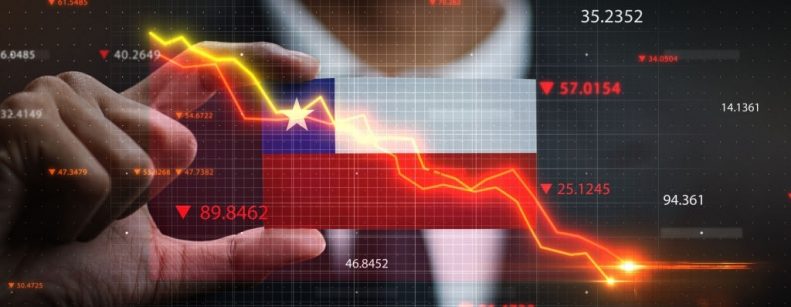
With the results of last weekend's four elections just out from Servel, FYNSA organized a virtual meeting on Monday, May 17, in which our chief economist, Nathan Pincheira, talked with political scientist Kenneth Bunker about the political process that lies ahead in the coming months.
The results in general, and of the Constituent Assembly in particular, were far from analysts' forecasts, Bunker stressed. Given the important triumph of the independents, he points out, it will be necessary to start identifying them to try to get a glimpse of how they will vote during the process.
In addition to the unexpected triumph of the independents, the new political scenario has been shaped by the advance of the Frente Amplio and the Communist Party, the low vote of the center-right, which did not reach the third it was seeking in the Convention to force the negotiation of proposals that could be more radical, and the weakening of the center-left.
Most of the elected independents have a left-wing sensibility, but, says Bunker, a multidimensional analysis will be necessary to glimpse how they will align themselves during the discussion of the new Constitution. Under the new scenario, the left, instead of elaborating proposals to later negotiate with the right, would seek to make more structural changes. What can we expect from the independents in this process? For Bunker, it should be kept in mind that, in general terms, not all independents have such a negative view of the model.
The three main topics for discussion at the Convention will be:
Greater equity in spending, with emphasis on housing, health and education, issues on which the left will have the initiative.
The political organization of the State, where we can expect more discussion among all sectors.
Fiscal structure, Central Bank autonomy and property rights. Changes in these areas would not necessarily be radical, since it is not a matter of leaving behind what has allowed Chile to grow.
The focus now is on how the Convention will function and the role of the 2/3 agreement in achieving approval of the articles to be contained in the new Constitution. It is likely that one of the positions of president and vice-president of the Convention will be occupied by a woman and possibly by an academic. It is also important not to forget that the members of the Convention will have external advice on constitutional matters.